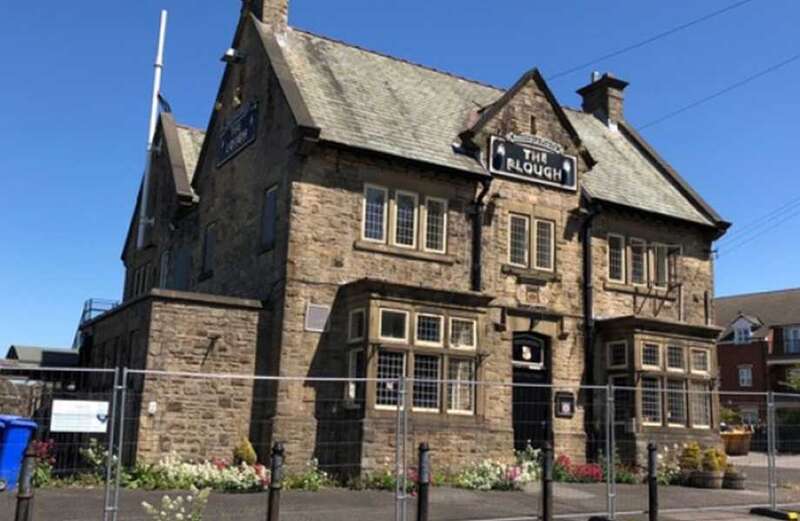A PUB where the modern rules of football were first agreed is being knocked down.
The Plough Inn — considered to be the home of the beautiful game — will make way for eight houses after a bid to save it was lost.

The pub is thought to have hosted discussions which led to the introduction of throw-ins, headers and the offside rule.
It also sits next to the oldest football ground in the world.
The boozer in Crosspool, Sheffield, was under a protection order as an asset of community value and plans for the homes were initially rejected.
 From tongue scraping to saying no, here are 12 health trends to try in 2023
From tongue scraping to saying no, here are 12 health trends to try in 2023
But developers appealed and a planning inspector has overturned Sheffield council’s decision, allowing the three-bed houses to be built.
The bulldozers moved in last week.
Campaigners have battled for years to save The Plough, which closed in 2015.
Henrietta Billings, of SAVE Britain’s Heritage, said: “It’s shocking to see such an important part of football’s history bulldozed. It should never have been the final whistle for this historic landmark.”
The Campaign for Real Ale said it was a missed opportunity to develop it as a pub with a football museum.
Heritage officer Dave Pickersgill said: “Football tourism is huge and people come from all over to visit the world’s two oldest clubs Sheffield FC and Hallam.”
The pub was where Sheffield clubs devised their rules from the 1850s.
They were then merged with rival regulations in London.


































